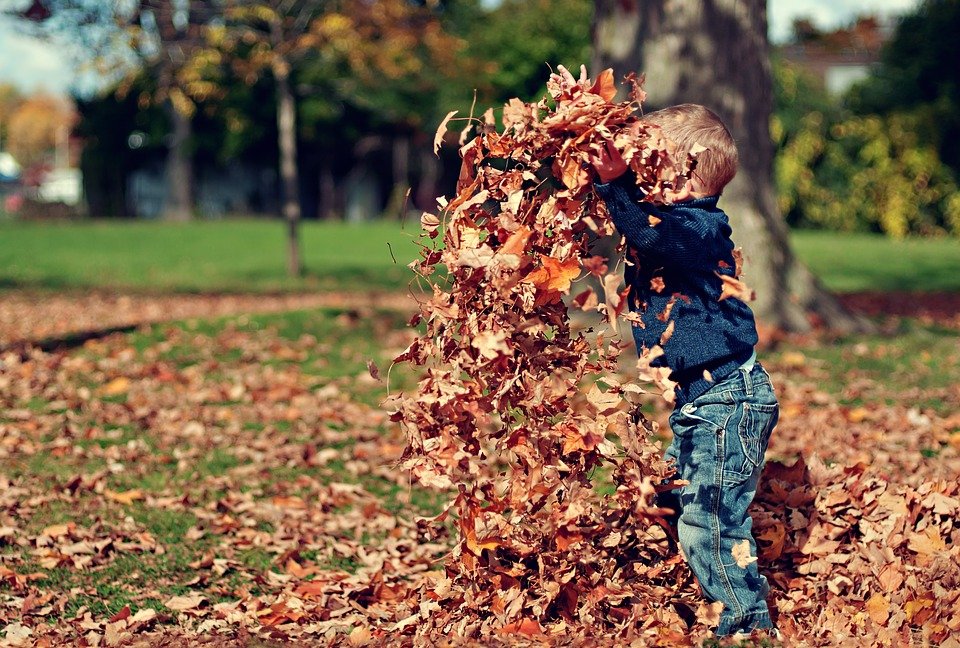Culture
5 Signs You Are An Overprotective Parent
Ask any father or mother and they’ll all tell you the same thing: parenting is not as easy as it looks. Most of the time, your days will be filled with making decisions, whether big or small, that you hope will ultimately be for your child’s best.
If you are not careful, you might even fall into the tendency of being an overprotective parent and that is never a good thing.
In a Psychology Today article, author and psychotherapist Amy Morin warned:
“If you’ve always rescued your child from facing his own battles and sheltered him from responsibility, he’ll lack the experience and confidence he needs to get by in the real world.”
So how does a parent tell if he or she is already going the extremes? Here are 5 signs to watch out for!
1. Instilling “victim mentality.”
Perhaps you may be doing it unintentionally but instilling the so-called “victim mentality” is, of course, a bad idea. As Morin explained:
“Rejection, failure, and unfairness are part of life. Getting cut from the soccer team or failing a class doesn’t make your child a victim.”
Sure, even us, as adults, do not like such negative feelings but if we keep sheltering our children too much, they may have greater emotional difficulty facing it later in life.
2. Shying away from hard topics.
While it is true that talking about sensitive topics (such as violence, sex, and others) can be particularly challenging, you need to talk about them nonetheless. Besides, doing so would help you protect them from possible harm.
According to clinical psychologist Samantha Rodman:
“Don’t view education and knowledge as dangerous or harmful.”
Entertain questions, if they have any. The key, of course, is to keep your words age-appropriate. For younger ones, children’s books can be powerful tools.
3. Being overly cautious about safety – to the point of paranoia!
Remember how most of our parents back in the days allowed us to play in the dirt? Some parents today do not do that anymore, plus they’re even very paranoid about child safety.
Ellen Sandseter, professor of early-childhood education at Queen Maud University College said about this:
“Our fear of children being harmed (mostly in minor ways) may result in more fearful children.”
Meanwhile, Joe Frost, safety consultant of John Carroll University, further added:
“In the real world, life is filled with risks – financial, physical, emotional, social – and reasonable risks are essential for children’s healthy development.”
4. Preventing the child from interacting with others.
Your child may be a bit timid but if you let him or her always cling to you during occassions and gatherings, they may have harder time developing social skills later on as they grow older.
According to the UK BabyCentre website:
“If we protect a shy child from having to interact with others we build on that initial predisposition making it harder for her to cope. Equally, if we ignore her temperament and throw her in at the deep end, we undermine what little confidence she has.”
So yes, it’s advisable to provide encouragement as long as you’re not too pushy.
5. Solving your child’s problems.
Another common mistake that some parents commit is to immediately step in and take charge of the situation whenever their children are facing difficulties.
For example, overprotective parents instantly feel alarmed when their children get low grades that they rush right away to meet with the teacher or something.
Clinical psychologist Lisa Firestone shared:
“Many parents are willing to overextend themselves in catering to their children and excessively meeting their needs. They then feel surprised or resentful when their children grow up feeling unable to care for themselves.”
Children would later struggle with the “challenges of adulthood”, pointed out Morin, if parents are always stepping in to solve their problems.
“Offering your words of wisdom can be helpful,” said Morin. “But that’s different than taking over and doing things for your child.”

-
OMG6 years ago
Man Iced Neighbor Who Repeatedly Asked Him “When Are You Getting Married?”
-
Interesting7 years ago
The Secret Meaning of Anklets And Why Some Wives Wear Them
-
Interesting7 years ago
Waking Up Between 3 to 5 AM Could Mean You’re Experiencing Spiritual Awakening
-
Interesting6 years ago
Pork Fat Is Officially One of the World’s Most Nutritious Foods



































